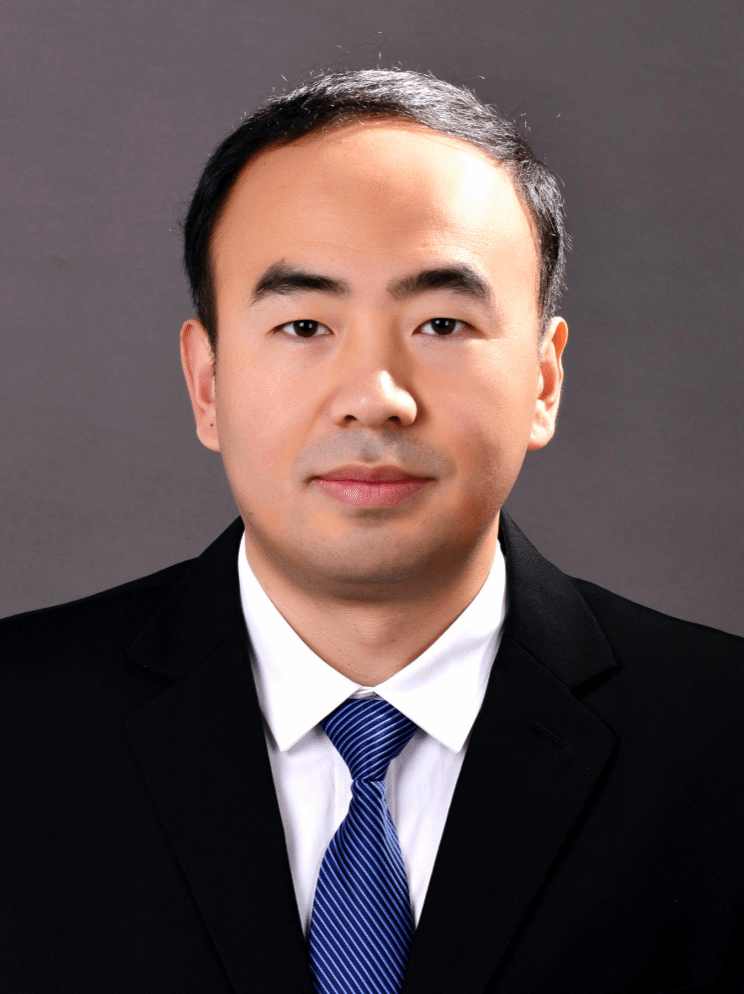
Liu Jianxi, Associate Professor at the School of Engineering and Materials Science and module convenor for Failure of Polymers at QMES. He serves as a Young Editorial Board Member for Tribology and Analysis and Testing Technology and Instruments, a Guest Editor for Coatings, and is a member of the Chinese Materials Research Society, a senior member of the Chinese Mechanical Engineering Society, and a member of the Chinese Chemical Society. He has made significant contributions to several major research initiatives, including two General Programs of the National Natural Science Foundation of China, one Key R&D Program of Shaanxi Province, one Guangdong-Guangxi Joint Fund project, one Open Project of the State Key Laboratory of Solid Lubrication, two Independent Projects of the State Key Laboratory of Solidification Processing, one Fundamental Research Fund for the Central Universities, and two industry-sponsored collaborative projects. In recent years, he has undertaken systematic research into key technologies and fundamental scientific challenges in the areas of functional nanomaterials, polymer materials, composite materials, porous nanomaterials, and the synthesis and engineering applications of soft matter. His work has been published in over 80 high-calibre papers in renowned international journals, including PNAS, Advanced Materials, ACS Nano, Nano Letters, Nano Today, Angewandte Chemie, Advanced Functional Materials, Nano Research, Chemical Engineering Journal, Chemistry of Materials, Optics Express, and Small.
Module Development: Bridging Theory and Engineering Application
The module Failure of Polymers, overseen by Associate Professor Liu Jianxi, serves as an essential core module of the Polymer Materials Science and Engineering programme. This module effectively bridges fundamental theory and engineering application, addressing a critical gap in the curriculum between material performance research and failure prevention. It not only introduces the four primary failure mechanisms, ageing, cracking, stress corrosion, and creep, but also examines representative cases from the aerospace and equipment sectors through the lens of fracture parameter theory. In the classroom, Professor Liu encourages students to actively explore the micro-mechanisms behind material failures and propose improved design solutions through team-based discussions, thereby achieving a genuine transition from theory to practice. Through this teaching model, students not only acquire knowledge but also develop the ability to identify, analyse, and solve practical problems.
International Experience: Bringing an Intercultural Perspective to the Classroom
As a former postdoctoral researcher at Northwestern University and the Karlsruhe Institute of Technology, Associate Professor Liu Jianxi incorporates cutting-edge international research perspectives and methodologies into his teaching. In practical sessions, he promotes a data-driven approach, encouraging students to substantiate their conclusions through rigorous modelling and analysis. He also leverages the multicultural academic environment of QMES by drawing on both Chinese and international educational models, shaping a teaching framework centred on “character development, knowledge acquisition, skills training, and practical innovation”. Such efforts have not only enhanced the academic depth of the module but have also fostered students’ adaptability and communication skills in multicultural settings.
Motivation for Growth: A Passion for Research and a Commitment to Education
Throughout his journey from student to researcher and educator, Associate Professor Liu Jianxi has consistently maintained a profound enthusiasm for scientific inquiry. He attributes his drive to the inspiration drawn from senior scientists he encountered early in his career at the Lanzhou Institute of Chemical Physics, Chinese Academy of Sciences, as well as his continuous exploration of the unknown during his overseas studies. Whether working late into the night in the laboratory or addressing students’ questions in the classroom, he remains dedicated to continuous learning and breakthroughs. In his view, the path of research is never smooth, and what enables one to persevere is nothing but “passion and perseverance”. The progress of his students and the emergence of research outcomes serve as a significant motivation, fuelling his ongoing pursuit of excellence.
Research and Application: Advancing the Discipline and Serving National Needs
In his research, Associate Professor Liu Jianxi focuses on functional nanomaterials, polymer materials, and composite materials, with numerous high-calibre publications to his name. He emphasises that scientific innovation and engineering application are by no means isolated ends; rather, they form an integrated whole, each reinforcing and advancing the other. Leveraging the platform provided by QMES, he aims to continuously translate research outcomes into teaching resources, integrating cutting-edge research with classroom training. Through this approach, he seeks to enable students to grasp the value and significance of materials science from a more advanced perspective.
Message to Students
When speaking about his expectations for students, Associate Professor Liu Jianxi urged them to “have ideals and goals, but above all, focus and perseverance.” He encourages students to maintain resolve in their studies and research, and not to be easily discouraged by temporary setbacks or difficulties. There are no shortcuts in research, and only through accumulation and persistence can genuine breakthroughs be achieved. He hopes that students will both “look up at the stars”, daring to raise meaningful questions, and “keep their feet on the ground”, striving for excellence in every experiment and detail. As he often emphasises: “The value of research lies not only in publishing papers, but also in using one’s efforts to advance the discipline and serve national development.”
Through his own research practice and teaching philosophy, Associate Professor Liu Jianxi exemplifies the responsibility and commitment of a higher education educator. He shows students that scientific research is not an isolated endeavour, but a practice aimed at serving society and the nation, and that growth is not achieved overnight, but is a path built step by step through passion and persistence.

